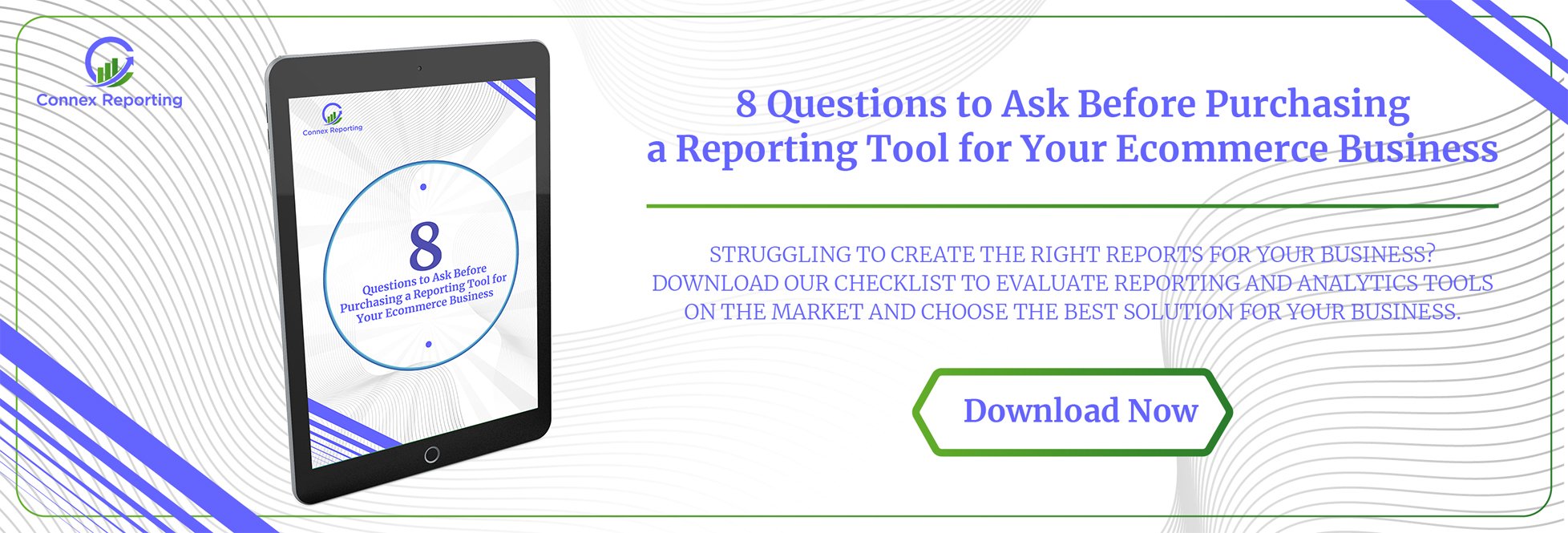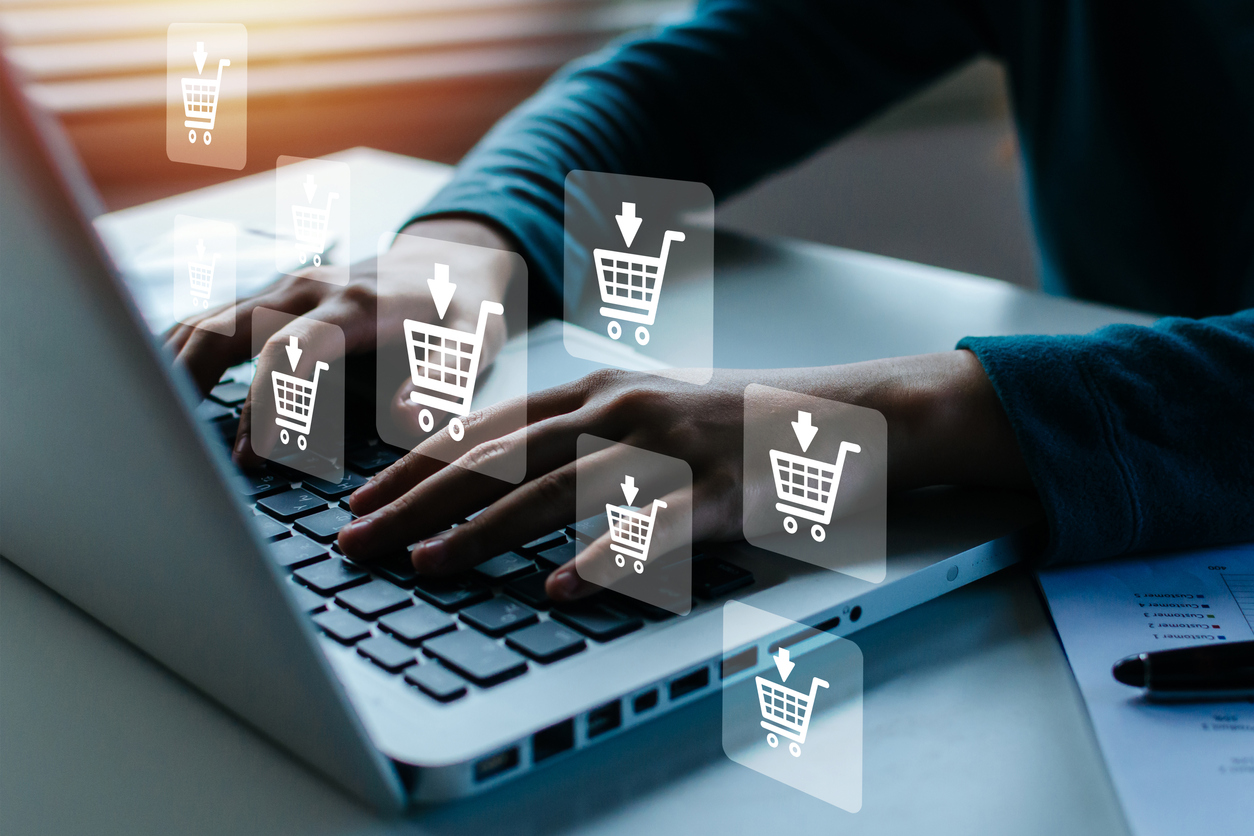The True Cost of Shopify: What You Need to Know Before You Start Selling
Get the complete picture of Shopify costs before selling, including monthly subscription fees, transaction fees, and additional costs for apps & themes.
How Much Does it Cost to Sell on Shopify?
Many new sellers mistakenly believe that the prices listed on Shopify's pricing page are the only costs associated with selling on the platform. However, there are additional expenses to consider, which may be unexpected. It is important to budget for all costs before creating your online store.
This article will explore the fees associated with using Shopify, including the monthly subscription cost, transaction fees, and additional costs for apps and themes.
The Basic Costs of Selling on Shopify
There are several costs to consider when it comes to selling on Shopify. First, the monthly subscription fee for your Shopify plan is available. The basic Shopify plan starts at $29 per month and includes unlimited products, 24/7 support, and a secure shopping cart.
The Shopify Advanced plan starts at $299 per month and includes additional features such as advanced reporting and third-party calculated shipping rates. In addition to the monthly subscription fee, there are transaction fees when using Shopify payments.
These fees range from 2.9% + 30¢ to 2.4% + 30¢, depending on your plan and location. If you choose to use a third-party payment gateway, such as PayPal or Stripe, you will still be charged a small transaction fee by Shopify.
You may also pay for additional apps or services to enhance your store's functionality. Some examples of additional costs include:
- Apps for inventory management, (Optional; varies widely, often free)
- Email marketing, or social media integration ($10+ per month)
- Costs for professional theme customization or a custom theme built from scratch (($180 one-time fee)
- Costs for website hosting, domain name registration, or SSL certificate are between $2 and $20 per year,
- Costs for additional services, such as customer service ($15+ per month)
Business Registration
Registering your business is one of the most important steps you can take to ensure the success of your online shop. Not only does it provide a layer of financial protection, but it also reduces roadblocks when it comes to selling and buying inventory.
Depending on your business structure, registering your business may involve filing articles of incorporation or an organization in your state of operation. Filing fees range from $40 to $725, depending on the state and type of business.
In addition to registering your business, you may need licenses or permits to sell certain products legally. This often depends on what type of goods you sell and where you operate. For instance, if you sell alcoholic beverages, you may need to acquire a specific license or permit.
Sales Tax Permit(s)
One of the most important steps to selling on Shopify is obtaining a sales tax permit. This will allow you to collect and remit sales tax on your orders, which is legally required by most states. A sales tax permit is a license that authorizes you to collect and pay sales tax to the state you operate in.
To obtain a sales tax permit, you'll need to register with the United States Department of Revenue in the state(s) where you plan to do business. Each state's requirements vary, so it's important to check what forms must be filled out and if any fees are associated with registering for a permit. Once registered, you'll need to apply for the permit and submit payment for any applicable fees.
Additionally, if you're selling products in multiple states, you may be required to obtain permits for each one. It's also important to note that some states have specific regulations related to sales tax. For example, some states may require you to file quarterly returns or provide additional information when filing your taxes.
For most retail businesses, obtaining a sales tax permit will cost less than $25. However, the cost could be higher if you sell products in multiple states or obtain permits for a city or county. It's important to be aware of the requirements and any potential fees associated with obtaining a permit in your state, so you can factor them into your overall budget when setting up your online store.
Packaging
Packaging is essential to your business's success when selling products on Shopify. You must ensure that the product packaging is attractive and in line with your brand's identity. Furthermore, you must ensure that your products are safely packaged to prevent any damage during shipment.
Generally, the cost of packaging materials and labor is included in the overall price of the product. If you are selling a large product, such as a piece of furniture, you may have to account for additional shipping costs.
A small package (including a cardboard box, packing material, and shipping label) usually costs around $1.00. This cost can quickly add up, so it's important to remember to factor in your packaging costs when calculating your total product costs.
It's also a good idea to buy packaging materials in bulk to reduce costs. In summary, having a plan for packaging will help ensure that your products are safely shipped to your customers and that you aren't hit with unexpected costs.
Accounting and Legal Help
When selling online, you may need to hire accounting and legal professionals to help you with the process. Professional accounting services can help you track and manage your finances, including income and expenses.
In contrast, legal services can help you determine the best way to structure your business, draft contracts, or comply with regulations. Depending on the size and complexity of your business, you may also need a tax lawyer or CPA to assist you with filing taxes and paying sales tax on your products.
Although it's possible to skip hiring an accountant or lawyer and rely on online resources or experienced retailers for help; However, this is only sometimes the most reliable option.
Investing in a professional accountant or lawyer who can provide tailored advice and help ensure your business remains compliant with all applicable laws may be worth the cost.
This will help protect you from potential problems and ensure you have the support you need when navigating the complexities of the legal landscape. With that said, working with professionals also increases your costs — so it's important to factor these into your budget before starting a store.
Inventory Storage
The inventory storage cost depends largely on your product type, size, and location. For example, selling small items like apparel or jewelry, you can often get away with using a home office or smaller storage facility.
However, larger items like furniture or exercise equipment require more robust solutions, such as warehouse space. It's important to research the different storage options available in your area.
Make sure to consider factors such as climate control, access times, and insurance policies to ensure that your inventory remains secure. Additionally, make sure to inquire about delivery and pickup options and any potential extra fees for special services.
Product Sourcing
Product sourcing is an integral part of any eCommerce business. It involves finding, selecting, and purchasing products to sell on Shopify. Your sourcing strategy could vary greatly depending on the type of products you're selling.
The most popular product sourcing strategies include direct buying from manufacturers, drop shipping, and wholesaling. Each approach has its pros and cons that should be considered when deciding which is right for you.
- Direct buying from manufacturers is one of the most efficient and cost-effective methods. It involves purchasing goods directly from the manufacturer and often eliminates the need for intermediaries. This can be a great option for those looking to keep costs low and quality control high.
- On the other hand, drop shipping involves partnering with a drop shipper or third-party supplier who will store and ship products to customers on your behalf. This can be a great way to avoid inventory costs and still provide customers with a wide selection of products.
- Wholesaling is another popular product sourcing strategy. It involves buying bulk from wholesalers who can offer discounts due to their high volume of orders. This can be a great way to increase margins while offering competitive pricing.
No matter which method you choose, product sourcing is a key component of selling on Shopify. You can ensure a steady supply of high-quality products at competitive prices with the right strategies.
Automating Your eCommerce Services Will Help You Save More.
Automating certain tasks in your eCommerce business on Shopify can help you save time and money. For example, automating inventory management, order fulfillment, and customer communication can help streamline your operations and reduce the need for manual labor.
Additionally, using apps and plugins that integrate with Shopify can also help automate tasks such as email marketing and social media management. However, it is important to keep in mind that while automating certain tasks can save you time and money, it's also important to ensure that automation does not negatively impact the customer experience.
Connex offers a range of features to help Shopify merchants save more. Connex for QuickBooks' sync capabilities ensure that data is updated in real-time between the Shopify store and other external apps. This eliminates the need to manually enter data manually, saving merchants time and energy.
If you are looking to get to the next level by selling more of your best-selling products and eliminate your worst-selling products, Connex Reporting can instantly produce the reports that you need.




